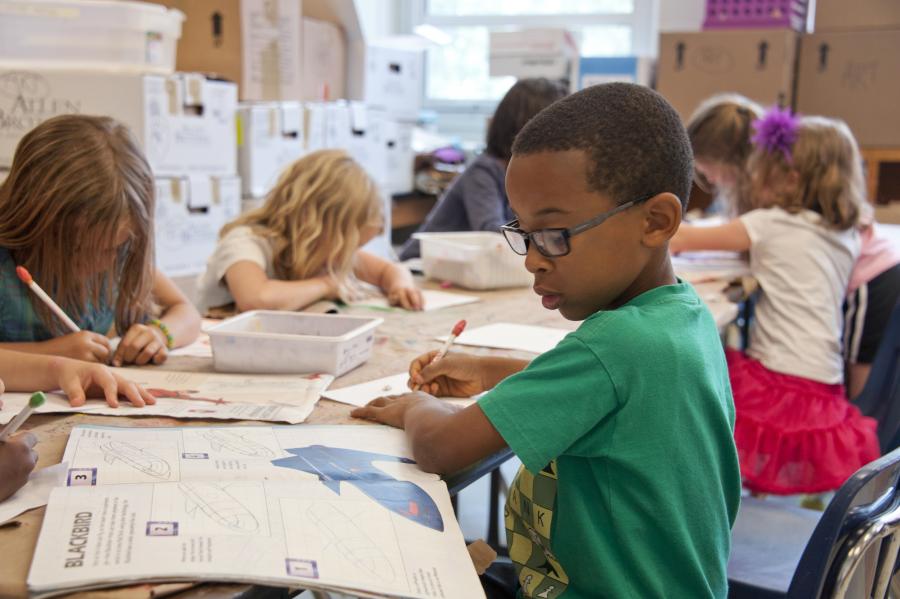Brother Esneider shares his research on current and future sustainability in Catholic schools.

The context of this research is framed in Latin America, particularly in the Lasallian Catholic school, presenting a consolidated reduction of participation in the Catholic primary subsystem by 16% and in secondary by 51% (World Bank, 2019; Imbarack & Madero, 2016).
In the Lasallian case, a reduction in student numbers of more than 20,000 students from 2018 to 2023, with 356,000 students at present. A management problem, as the number of religious running these schools and colleges went from 16,000 worldwide (Brothers of the Christian Schools, 1997) to 1101 in 2023. Moreover, academic results always place our research countries (Mexico, Venezuela, Colombia, Ecuador, Brazil, Chile) below the Pisa average, and some do not even participate (OECD, 2019).
School sustainability stems from the proposals already made by higher education institutions, as it is presented as a response to the imperative need for sustainability. We understand that a sustainable organisation is an ethical entity in its economic management that develops structures to balance its economic and social objectives and ensures its growth through the rational allocation of resources. Specifically, the school integrates environmental management and the establishment of partnerships with the community for socio-environmental sustainability issues and curriculum sustainability in a whole-school approach (Gericke, 2022; Leon et al., 2013). In-school sustainability is embedded in school's structures, routines, and substantive functions (Górka-Strzałkowska, 2018; Mogren et al., 2019).
In this quest to find the elements that help ensure sustainability, many organisations have also created frameworks for understanding sustainability and higher education. However, these frameworks of understanding respond specifically to these realities and contexts. This is why the question that guided all of this research focused on understanding sustainability in primary and secondary schools in the La Salle network in Latin America.
Specifically, we used a deductive research approach for this research, based on analysing a battery of questions applied to leaders in Latin America with a participation of 166 schools and colleges in 6 countries. Regarding data processing, 420 leaders participated, a non-probabilistic sampling method was used, and 12 hypotheses were formulated. All hypotheses were validated using the SmartPLS software SmartPLS version 4.0.9.1.
The results of the structural framework show that there are dimensions of sustainability specific to the school and even more so to the Catholic school that directly impact the sustainability framework. The dimensions of the measurement framework that explain the sustainability framework are a partnership, curriculum, well-being, and management; however, these dimensions comprise other constructs that explain and relate to each other. Finally, after the analysis of the sustainability framework, we were able to conclude that there are two factors that, independently of others that are very similar to schools that promote sustainability, are essential in Lasallian Catholic schools: association as a guarantee of the charism and well-being as a substantive function of care and of the Church's mission of evangelisation.
Author: Manuel Esneider Gutiérrez Rivera